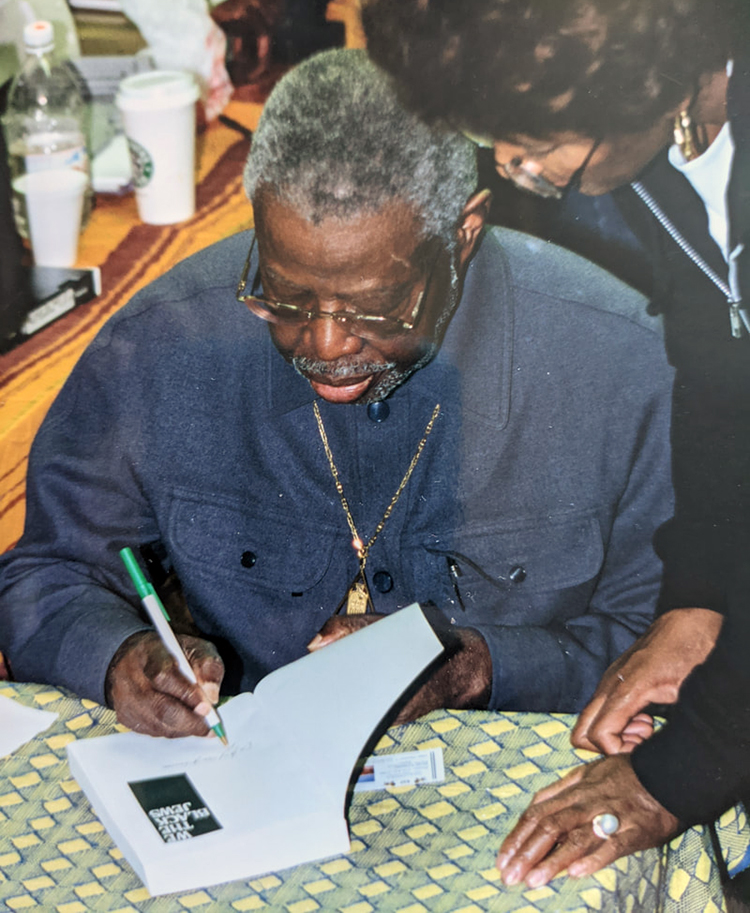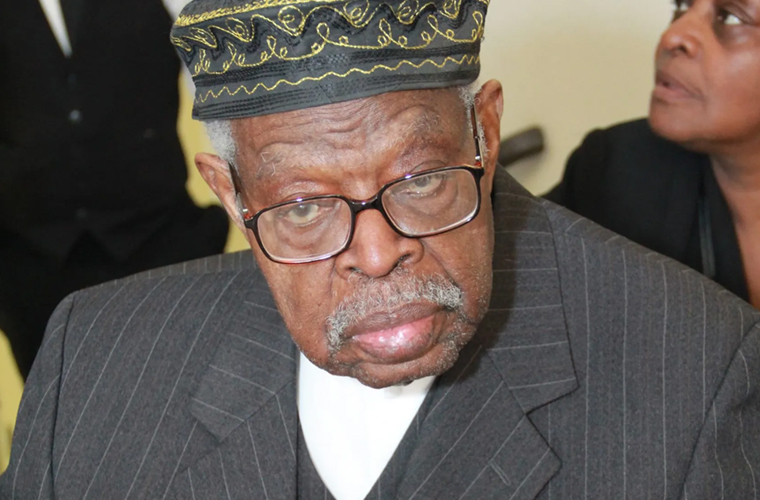Yosef Ben-Jochannan, also known as Dr. Ben, was a prominent African American historian, educator, and author. He was known for his research and writings on African history, particularly the history of ancient Egypt (Kemet) and the African diaspora. Yosef Ben-Jochannan was born on December 31, 1918, in Gondar, Ethiopia, to an Ethiopian father and a Puerto Rican mother. He grew up in Puerto Rico and later migrated to the United States, where he pursued his education.
Ben-Jochannan earned his bachelor’s degree in Civil Engineering from the University of Puerto Rico and continued his studies at the University of Havana in Cuba, where he received a master’s degree in Architectural Engineering. He also completed further studies at the University of Barcelona, Spain. Ben-Jochannan later pursued his doctoral studies at the University of Havana, specializing in African history and culture. While in Cuba, he was influenced by the teachings of Afro-Cuban nationalist Carlos Moore and began to delve deeper into African history and heritage.
Throughout his career, Dr. Ben focused on the promotion and preservation of African history and culture. He lectured extensively, both in the United States and abroad, and authored numerous books on African history and civilization. Some of his notable works include “Black Man of the Nile and His Family” (1972), “Africa: Mother of Western Civilization” (1971), and “Cultural Genocide in the Black and African Studies Curriculum” (1993). In his writings, Ben-Jochannan sought to challenge Eurocentric narratives and highlight the contributions of Africans to world civilization.

Dr. Ben was also involved in various educational institutions. He taught at Malcolm-King College in Harlem, New York, and was a professor of African studies at Cornell University. He was an advocate for the inclusion of African history and culture in educational curricula and worked to establish African-centered schools.
Yosef Ben-Jochannan was known for his strong personality and passionate advocacy for the upliftment of African people. He was critical of the portrayal of African history and culture in mainstream academia and sought to provide alternative perspectives through his research and teachings. Dr. Ben passed away on March 19, 2015, at the age of 96. His work continues to be influential in the field of African-centered education and the study of African history, and he is remembered as a leading figure in the exploration and celebration of Africa’s rich heritage.

